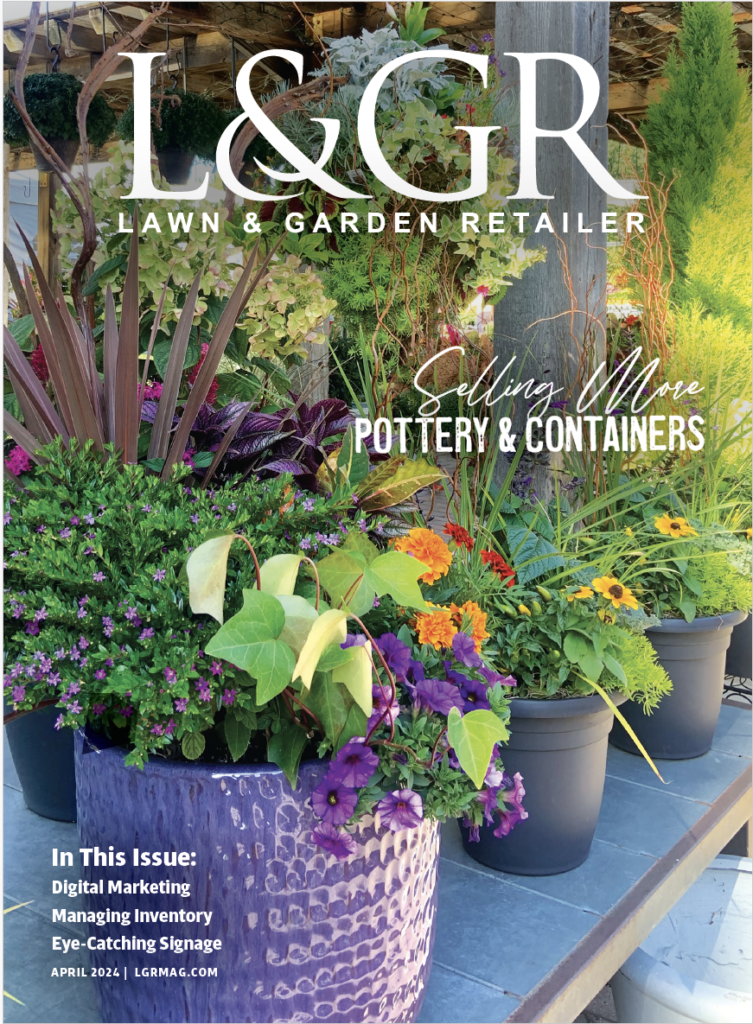Hands-on For Happier Customers
A few months ago a couple of my friends and I went to a cooking class at a local gourmet retail shop. We decided to pick a night when the retailer was presenting a type of food we all would enjoy learning about. We looked at the calendar and saw at least four nights that looked good; however, none of us are made of money, so we had to narrow it down to one Chinese cooking. We met there, had some wine and gathered around our own mini-kitchen. We spent the next two hours cooking pot stickers, beef and black bean chow fun, etc. and had a great time. At the end of the night we roamed through the store looking at all of the items for sale that we just used and wanted to buy everything. I think you can see where I’m taking you with this story, so I’ll just spit it out demos!
Seminars, book signings and the sort seem to have caught on in the world of lawn and garden retailing. But, is this maximizing the customer’s awareness of your expertise and desire to satisfy your customers? Hands-on demos or workshops may be a better way to promote your store.
Cambria Nursery & Florist, Cambria, Calif., has been holding workshops for about three years. “It’s a means of getting your customers involved in the kinds of things you’re excited about and to teach them,” said Nancy Caldwell, nursery manager at Cambria. “I think people like to go home with a finished product; in the case of the Living Birdhouse (one workshop Cambria offers), it’s a little difficult to put together just by looking at one, so to actually come and learn the techniques what to use in it, how to put it together and then go home with the product… I think it’s exciting for people. It gives them a chance to really learn and to be able to go home and say ‘I know how to do this now, and I could show my friends how to do it’ and so forth. It gives them that added bonus of really understanding what they’re doing. And I think people like that; they like that hands on.”
Involve Industry Experts
Cambria usually takes advantage of its knowledgeable employees by having them present the workshops. According to Caldwell, it depends on where their expertise is coming from. For example, the pond-building workshop was giving by the head of the landscape department, but the bonsai workshop will be presented by someone brought into the nursery, since no one on the staff has that expertise. Interacting with experts is often helpful for customers. They see you a few times a year, so they’re used to you. A new face may be refreshing. If you have someone come in who specializes in a certain area, customers may be more inclined to make a special trip to find out what these “experts” have to say.
Suppliers. Who knows more about a product than the person who manufactures it? And, who most wants that product to sell well? That’s right, the supplier. Demos give them a chance to highlight the product, while helping your store. And, this will most likely be your cheapest bet, as the supplier Á will probably bring his or her own supplies and will be eager to do a good job.
Academics and extension. If anyone can teach your customers effectively, it would be university professors and extension agents. They specialize in teaching people how to perform, and in a class-like setting for your workshops, your customers will learn a great deal from this group.
Master gardeners. This type of thing is what master gardeners are trained and required to do. All 50 states, several U.S. territories and many Canadian provinces now have Master Gardener programs. Though rules and requirements differ from state to state, and in some cases county-to-county, these folks would have the knowledge you are looking for when holding a workshop.
TV and radio personalities and authors. These are most likely going to draw the biggest crowd. Most consumers love to have interaction with “famous” people, even if those “famous” people are local personalities. If you are able to get an author or “famous” person to come to your store for a presentation, make the most of it by having them demonstrate something, if applicable. Doing something hands-on will make the experience even more memorable.
Subject Matter
So, how do you find subject matter for your workshops? You should imagine being in your customers’ shoes. That can be quite difficult, when you are the one who knows all of the answers to their questions.
Community. You should know what is going on in your community. How has the weather been, or what is being predicted? Is there a drought in your area? A workshop on watering or using drought-tolerant plants may be in order. What are the municipalities using in their landscape? A workshop on replicating the “Main St. baskets” might draw customers.
Cambria is owned by a company that also owns many hotels and resorts around the area. So, the nursery gets ideas from the landscaping around the hotels. “One of the employees designed a section at one of the hotels quite a few years ago, and people just loved it, so we decided to teach a class on it,” said Caldwell.
Magazines. You most likely read gardening magazines to understand what your customers are wanting. Make sure to keep workshops in mind when you’re reading them. There are many ideas you can take from these magazines and modify to fit you and your customers’ needs. Trends. You hear us talk about them all of the time those risky trends. You can find them everywhere; they are in every issue of Lawn & Garden Retailer, especially in “Market Watch,” found this month on page 12. Incorporate the trends into your workshops.
TV shows. Martha Stewart, P. Allen Smith, your own local TV personality… they are obviously presenting something that is important to gardeners; why else (other than breaking laws) would they be so popular? Again, you can modify some of their topics to fit your as well as your customers’ needs.
Market It
Just like you have to do with your store, you have to market workshops and demos for Á people to know about it. And, there are many marketing avenues to take.
Newsletter. Include a monthly calendar in your newsletter. Another suggestion is to spotlight a workshop of the month. Explain a little about what will happen and who is going to be presenting it.
Radio, newspapers and TV shows. This method will be very effective if you are using the TV or radio personalities or authors who are giving the workshop. Their loyal followers will most likely sign right up.
Cambria uses outside help to promote its workshops through articles in gardening magazines and newspapers throughout the nation, which has encouraged many out-of-town visitors to its workshops. Even being a California-based nursery, Cambria’s Gardener’s Boot Camp was featured in an article in the Chicago Tribune. “This is a gorgeous place to vacation, so things like that [the Chicago Tribune article] will bring people here to the nursery,” said Caldwell.
Pamphlets or direct mail. You can even use the information you wrote up in the newsletter. Pamphlets and direct mail will serve as a good reminder that the event is coming up.
On your Web site. As the information age is expanding, more people are turning to the Internet even to find phone numbers. If you have a section on your Web site dedicated to your events, customers will know you’re serious about it, and they will look for it every time they visit the site.
In-store signage. When a certain topic is coming up, include a poster or sign next to that product. For example, if you are holding a workshop on applying pesticides, put a sign near your chemical department that reads something like “Learn more about pesticides and how to apply them at the Pesticide Workshop, Thursday, May 12 at 4:00 p.m.”
Testimonials. You know those pesky evaluation forms you have to fill out at seminars, conferences and on tours? They do have a purpose, and you will find that out if you use your own. At the end of each workshop, demo or seminar, be sure to have attendees fill out an anonymous evaluation form you have made up. Make sure it isn’t too long one side of a page will be long enough. Ask mostly closed-ended questions such as “On a scale of 1-10, how helpful was this workshop?” or “Did the workshop meet your expectations?” Leave some room at the bottom for comments and suggestions. Ask if they have any gardening concerns that can be addressed in a workshop such as this. Be sure the fine print says their comments may be used for marketing or promotional purposes.
There are quite a few benefits you can get from these forms ideas for future workshops or seminars, a better understanding of what your customers’ interests are and marketing material for your upcoming promotional pieces.
Mini-Events
Not everything has to be a big, elaborate workshop. You can offer mini-demos throughout the year. When I used to work at Bath & Body Works in high school, we were told to do mini-demos for each customer who walked into the store they couldn’t very well take a shower in the store to try the body wash, but they could try the body wash on their hands in the sink. This helped to sell the customer. Now, I know your product isn’t as “hands on,” but you can apply this to your store. For example, you may have an employee in the back who creates mixed containers; bring them out to the annuals section, set up a little work station with all of the components in eyesight and have them work there. Customers will be able to see how you create that product, and they will be more likely to either buy the components or the finished product either works, right?
Costs
Deciding whether to charge for each workshop is a case-by-case situation. Though, from experience remember my cooking class I will admit that I was less willing to buy anything from that store because I had already paid for the class. However, that doesn’t mean I wouldn’t go back for my gourmet food needs.
So, you will need to really think about your customers and your demographics are they more upper class and willing to shell out a hundreds dollars to buy what they just worked on, or are they middle class, doing as much as they can as often as they can?
You should also consider what the workshop is going to cost you how much product will you have to donate? Is it high-margin product? Is your presenter going to need anything extra, such as lunch, actual pay, a microphone, computer equipment, etc.? You don’t want this promotional strategy to get too expensive. That almost defeats the purpose. Make sure to cover your costs.



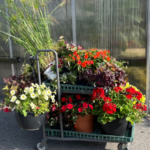

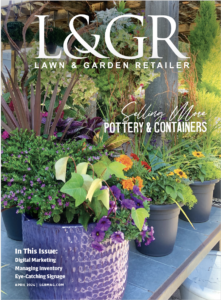
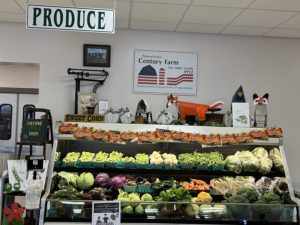
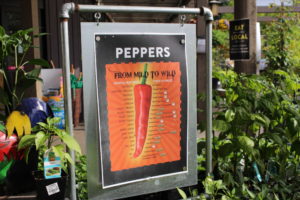
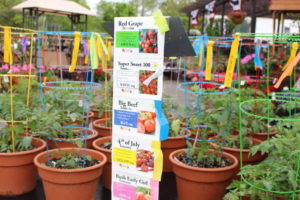
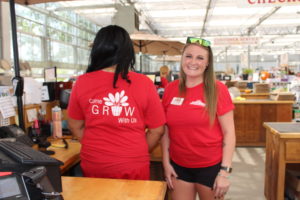
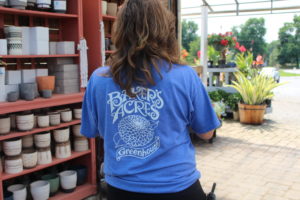
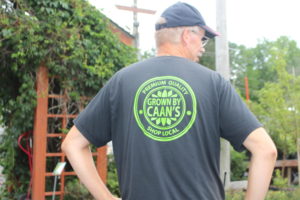





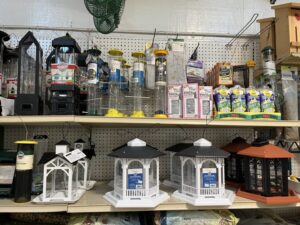
 Videos
Videos




